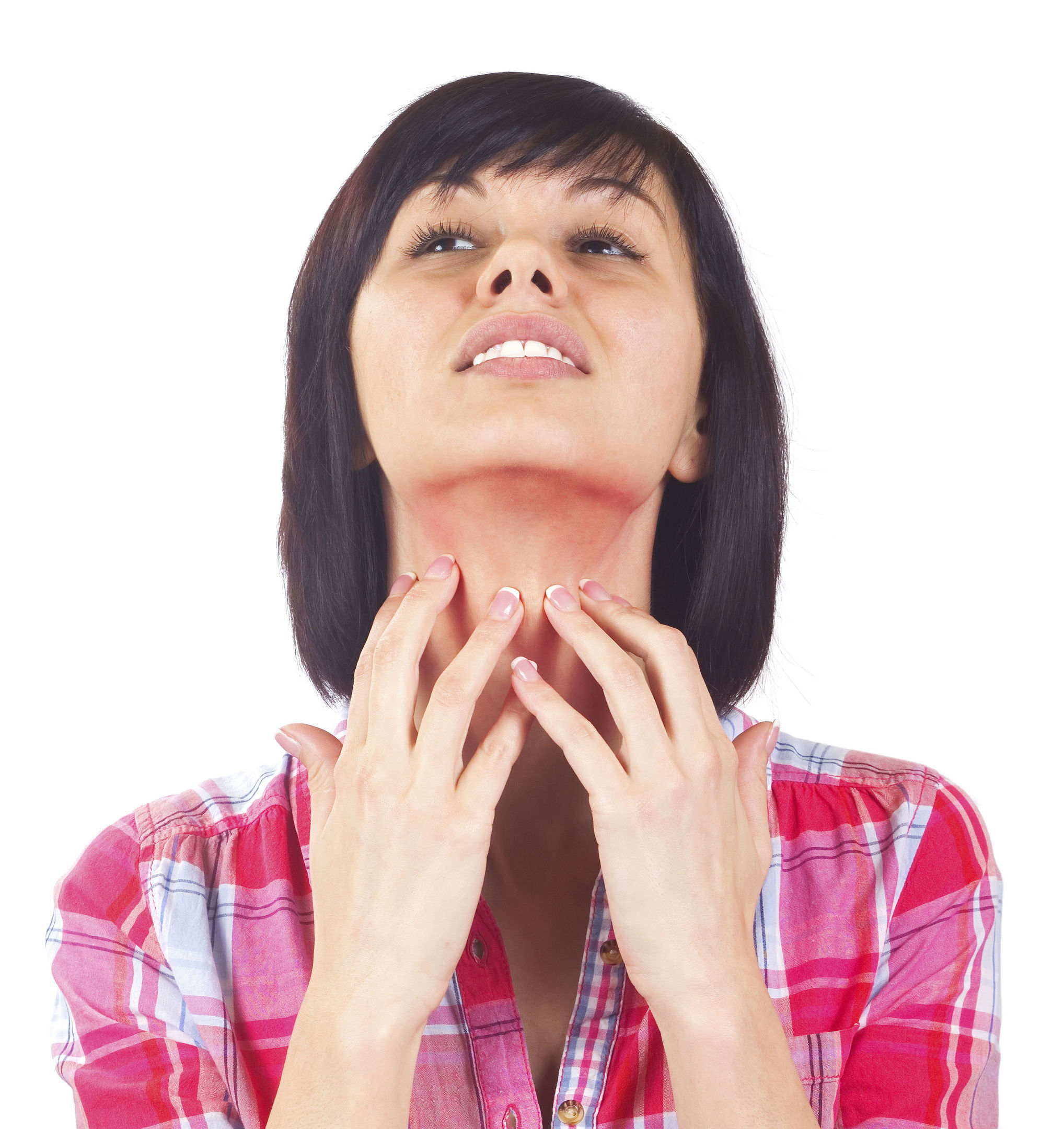As scientists reveal nothing beats a good old scratch, Nel Staveley discovers what might be causing the itch in the first place
It’s official – scratching an itch definitely makes it worse.
Scientists have proven, in a study on mice, that “scratch cycles” get harder and harder to break because a feel-good neurostransmitter serotonin is released into the system when you scratch your skin.
But while that’s all very well and interesting, it isn’t all that helpful – because even knowing why we scratch, and where the neurotransmitters go, we still don’t know what we can do to resist it.
But at least you can be armed with the other W; why you might be doing it…
SCABIES
As horrible as it sounds, scabies is a highly contagious skin condition caused when tiny mites (Sarcoptes scabiei) burrow into your skin and lay some eggs. Three days later, the eggs hatch, the mites grow, and all sorts of mite itching havoc is unleashed. Scabies is spread by skin-to-skin contact, or by sharing infected clothing or towels, and incubation can be up to eight weeks. Perhaps unsurprisingly, scabies mites like warm places, and tend to breed in skin folds, between fingers, under fingernails and even under jewellery.
HIVES
Or welts. Or Nettle Rash. Or Urticaria. However you say it, it still sounds as nasty as scabies, but thankfully it doesn’t involve any bug (or nettles). That said, it can still have nasty results. It’s when the body reacts to either a certain allergen (commonly certain foods, latex and some medicines) or to extreme temperature change, or to an infection, and releases too much histamine (the chemical produced against an allergen). This creates swollen, hot, itchy white or red welts on the skin, which can last just 24 hours (acute urticaria), or can last up to six weeks (chronic urticaria).
ECZEMA
As many as 20% of the population will suffer eczema in their life, and so will already know the burning, maddening, blistery rash this involves. There are two types: atopic eczema, an (often hereditary) over-reaction of the immune condition, and many sufferers also suffer other immuno conditions like hay fever and asthma. Pompholyx eczema affects one in 20 people, and tends to be triggered by external factors like perfume or stress.
LIVER DISEASE
It’s likely that the symptoms of weight loss, yellowing skin, nausea, pain and dark urine would alert you (or at least your doctor) to liver disease first, but in case they don’t, itchy skin is another sign that your liver is not functioning properly. Normally, a healthy liver will remove toxins and chemicals from the blood, but without that process, those toxins have to go somewhere, and one place is the skin, which causes itching.
THYROID DISEASE
Your thyroid controls your hormones, and your hormones control two aspects that affect your skin – your sweat glands, and your metabolism. If your sweat glands aren’t working properly and producing enough oil, it’s easy for your skin to dry out and quickly become itchy. If your metabolism isn’t working properly, it’s thought that the skin doesn’t replace itself quickly enough, and you’re left with dead, flaky itchiness.
THRUSH
Don’t be ashamed; around three-quarters of women will suffer a bout of thrush at some point their life, while 1 in 20 will have about four bouts a year, and 1 in 100 have it almost constantly. The condition, caused by an inbalance of the yeast-like fungus Candida albicans, is generally harmless, but it won’t feel like it at the time – it causes itching, irritation and swelling of the vagina and surrounding area, often with a creamy white cottage cheese-like discharge. In some cases, recurrent thrush can also be a sign of diabetes – since the high blood sugar levels provide a perfect breeding ground for yeast.
THE MENOPAUSE
As if the rest of the symptoms weren’t bad enough, reaching menopause can mean some women also suffer intensely itchy skin. Basically, oestrogen controls the moisture levels of your tissues, which prompts the production of collagen to keep your skin well-oiled and elastic. As menopause hits, oestrogen production is hit, and so too is your skin moisture level, leading to uncomfortable itching (and, insult to itch-ery, more wrinkles).
